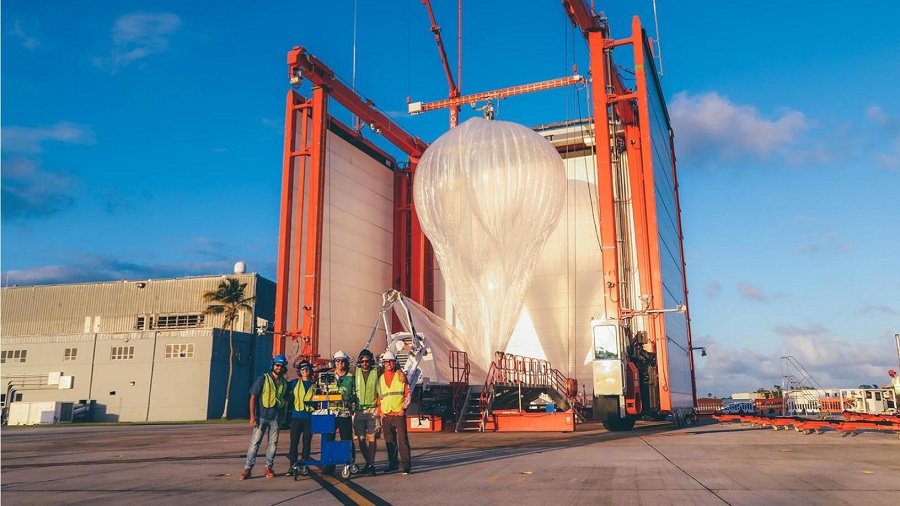Alphabet, Google’s parent company has announced that it is ending Loon, its experimental project that sought to use giant, high-altitude balloons to beam internet connectivity to hard-to-reach, underserved communities around the world. In the end, Alphabet found that the costs of the 9-year project got in the way of its commercial viability.
The project, which received a lot of attention at its inception, had been parked under X, Alphabet’s vehicle for experimental projects. Regarding Loon, X CEO Astro Teller praised its groundbreaking achievements, but also wrote that “the road to commercial viability has proven much longer and riskier than hoped.”
Also confirming Loon’s end, its CEO Alastair Westgarth wrote, “While we’ve found a number of willing [business] partners along the way, we haven’t found a way to get the costs low enough to build a long-term, sustainable business.”

Unveiled to the public in 2013, Loon was supposed to provide internet access to rural areas with little to no broadband infrastructure. Its balloons would essentially function as flying cellular towers. Alphabet tested the project in various countries, including New Zealand and Indonesia.
The company has even managed to deploy Loon commercially in Kenya last year, so the announcement today does come as a surprise to many. While this means Alphabet has to wind down Loon’s operation over there, it has also pledged US$10 million (~RM40.3 million) to nonprofits and businesses focused on connectivity, Internet, entrepreneurship and education in Kenya.
But if you’re wondering if the project was a waste of time, Alphabet did point out that a selection of Loon’s technologies such as the high bandwidth (20Gbps+) optical communication links that were used to connect Loon’s balloons together, is currently being used on Project Taraa which also aims to deliver affordable high-speed Internet in scalable manner.
(Source: CNET, Alphabet / X, Loon. Image: X / Loon)
Follow us on Instagram, Facebook, Twitter or Telegram for more updates and breaking news.



